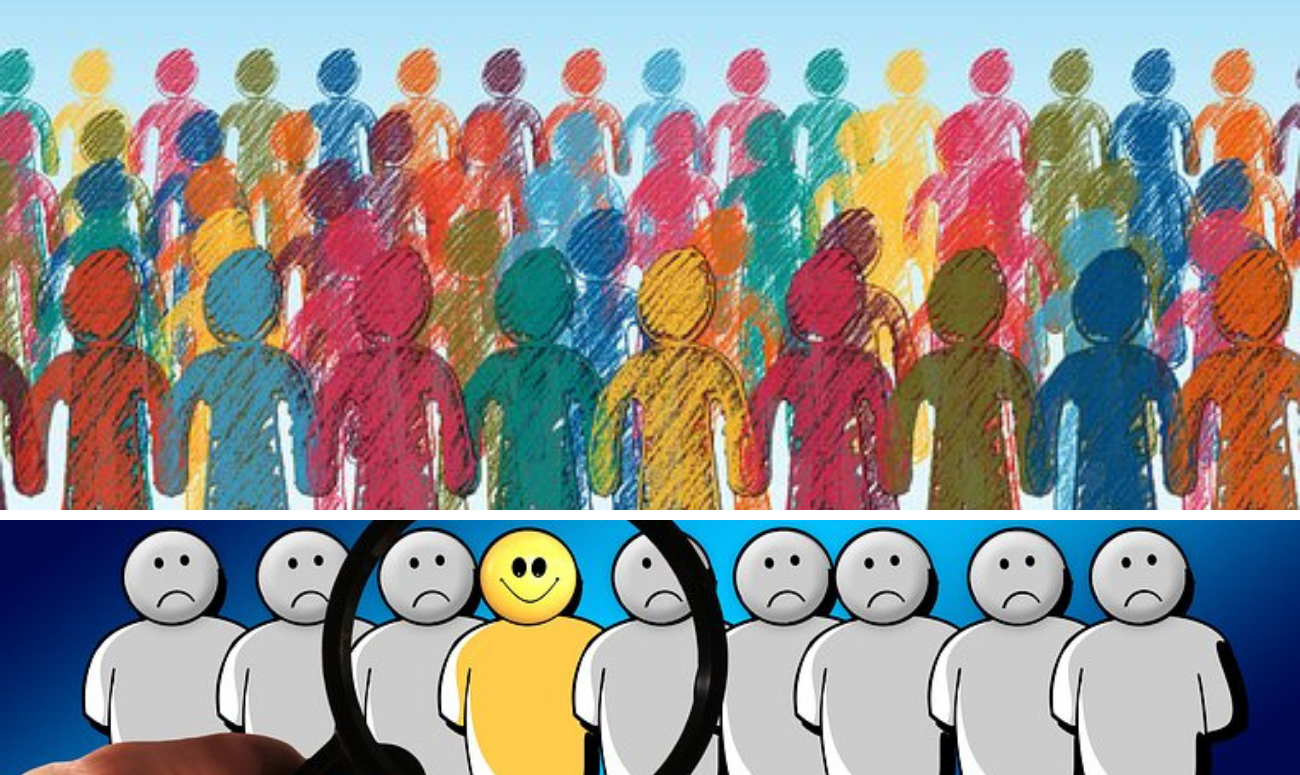In a world teeming with seven billion people, who am I? To answer this question we need to understand the importance of authenticity for self and society.
This is not a philosophical quest, nor an esoteric one. Simply a question to ascertain who I actually am. Am I the one who feels the need to plaster a smile on her face even if she doesn’t want to smile, simply because social etiquettes warrant it? Am I the one who bends over backward to accommodate someone even if it causes her immense pain? Or the one whose default setting is people-pleasing? Am I the one who does not honestly share what she actually feels, and instead sugarcoats or manipulates her words to spare others’ feelings?
What lies beneath my default setting? Who am I without all these conditionings? What is my authentic self? And what is the importance of authenticity for self and society?
Our authentic self
My authentic self is the one that I am born with and that which lies hidden, deep beneath layers and layers of borrowed thought process, learned behaviour, needless education, and unrequired moral policing. My authentic self tells me when I am being fake in my behaviour; it cautions me when I am being insincere in my actions and berates me when I am being inauthentic in my speech.

At times we tend to forget the prerequisite of understanding the importance of authenticity for self and society. Almost all of us grow with the notion that I am a nice person, a good human being. But do we ever pause and think whether we are authentic? Do we ever wonder why do we place so much importance in being nice than being authentic? That is because we are raised with the belief that being a good boy/ good girl will lead us to a happy life in which everyone likes us and we like everyone. Really?
The good news is that life does not work like that. To live a truly meaningful life, one needs to embrace all the shades of one’s personality. This does not mean that one is at liberty to behave badly. There is a difference between bad behaviour, learnt behaviour, and authentic behaviour. One needs to look within and gauge which behaviour of his or her causes them true joy and peace, and which behaviour feels cumbersome.
Being authentic liberates you. It gives you the freedom to break free of learnt behaviour and rise to your highest self. Being authentic gives you the confidence to see yourself for who you truly are and bask in your uniqueness. Consequently, the importance of authenticity for self and society is immense.
How to be your authentic self?
- Drop the need to conform:
Most of us like the idea of being true to ourselves, but in the moment, as if on auto-pilot, we simply go along to get along with others and conform to what everybody else is doing. Being mindful of our thoughts, words and actions in even inconsequential situations help us be our authentic self. - Be mindful of your self-talk:
When we fill our mind with thoughts of comparison and negativity, we feel inadequate. Similarly, when we fill our mind with thoughts of positivity, we cultivate feelings of worth and value. - Form genuine relationships:
Look out for people who are genuine and allow them in your life. Kindred souls enhance each other’s value and help overgrow the limiting beliefs. Moreover, with them, you don’t have to fake it because they are capable of understanding your authenticity, even when you two find yourselves in an emotionally challenging situation with the prospect of hurting each other.
READ MORE: UNDERSTANDING TYPES OF LOVE IN LITERATURE
Like & Follow ThinkRight.me on Facebook and Instagram to stay connected.






























